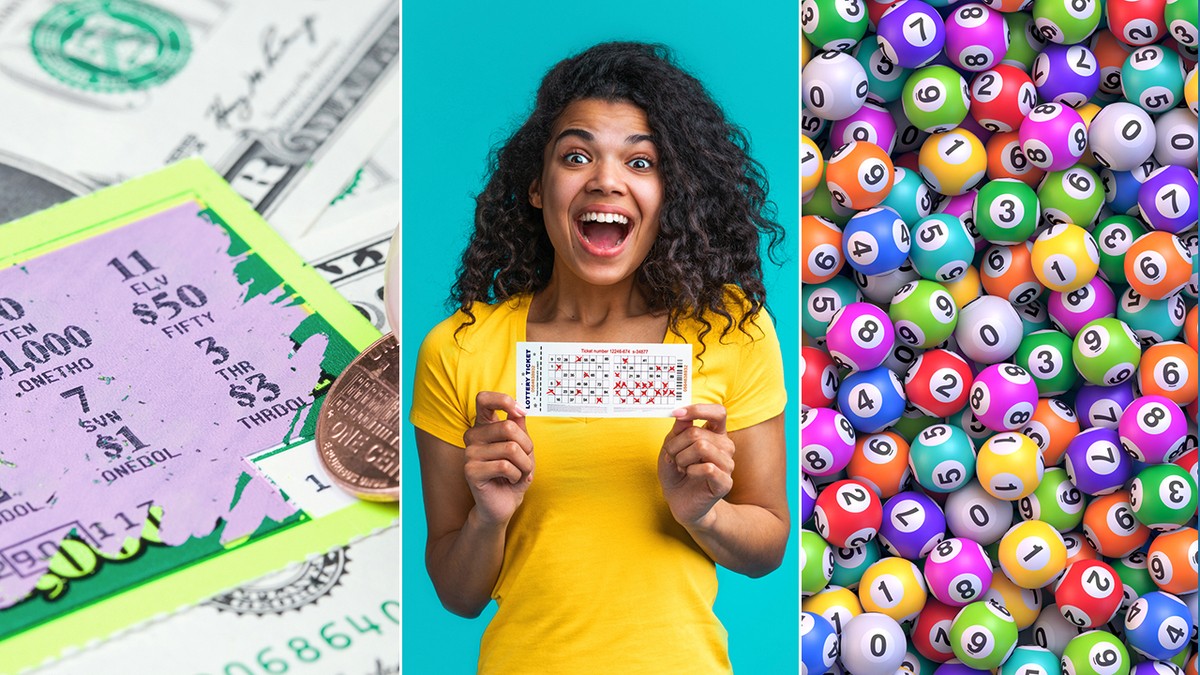The lottery has long captured the imagination of people around the globe. It’s more than just a game; it’s a complex social phenomenon that intertwines chance, hope, and sometimes, despair. As we delve into the world of toto macau, we uncover the multifaceted nature of this ubiquitous institution and its impact on society.
The Evolution of the Lottery
The concept of the lottery is ancient. Records from ancient China and Rome reveal that lottery-like games were used to fund public projects and select individuals for various roles. For instance, the Roman Empire utilized lotteries to allocate property and even slaves. In medieval Europe, lotteries were employed to raise funds for public works and charitable causes.
The modern lottery, as we know it, began to take shape in the 15th century with the establishment of state-run lotteries in Europe. The objective was to generate revenue for governments without directly taxing citizens. This model proved successful and spread globally. Today, lotteries are not only a source of state revenue but also a popular form of entertainment and a vehicle for philanthropic endeavors.
The Mechanics of the Lottery
At its core, a lottery is a game of chance. Participants purchase tickets, each of which bears a unique combination of numbers or symbols. A drawing is held, and winners are selected based on their ticket’s alignment with the drawn numbers or symbols.
Modern lotteries often involve sophisticated systems. Random number generators or mechanical drawing machines ensure fairness and unpredictability. Various formats exist, from traditional 6/49 games where players choose six numbers out of 49, to multi-state lotteries with enormous jackpots and complex combinations.
The Psychological Appeal
The allure of the lottery lies largely in its promise of instant wealth. The idea of transforming one’s life with a single ticket taps into universal desires for financial security and freedom. For many, the lottery represents a rare opportunity to break free from financial constraints without significant risk.
This psychological appeal is bolstered by marketing strategies that emphasize the life-changing potential of winning. Stories of ordinary people who have struck it rich serve to reinforce the belief that anyone could be the next big winner. The hope of a better life, combined with the low cost of entry, creates a powerful draw.
Societal Impact and Controversies
While the lottery is often portrayed as a harmless pastime, its societal implications are more complex. On one hand, lotteries can generate substantial revenue for public services, education, and charitable causes. They are a popular mechanism for funding projects that might otherwise lack financial support.
However, there are darker aspects to consider. Critics argue that lotteries disproportionately affect lower-income individuals, who may spend a larger percentage of their income on tickets. The regressive nature of the lottery can exacerbate financial hardship for those least able to afford it. Furthermore, the odds of winning significant prizes are extremely low, often less than 1 in 292 million for major jackpots.
Addiction is another concern. The thrill of the lottery can become addictive for some individuals, leading to financial distress and personal problems. The occasional big win may reinforce continued participation, even in the face of mounting losses.
Innovations and Future Directions
The landscape of the lottery is evolving with advancements in technology. Online lotteries and mobile apps are making it easier for people to participate, and blockchain technology is being explored to enhance transparency and fairness.
Moreover, the concept of lotteries has expanded beyond traditional games. Modern variants include “scratch-off” tickets, subscription-based lotteries, and even lotteries integrated with charitable giving, where participants have a chance to win while supporting causes they care about.
